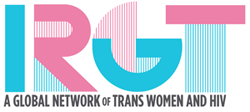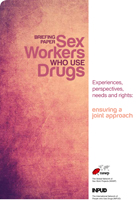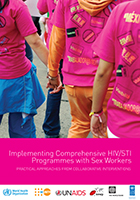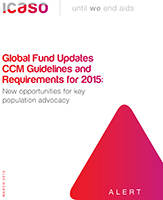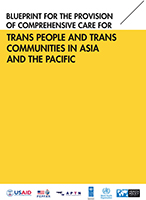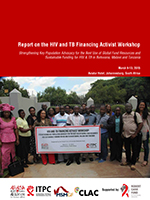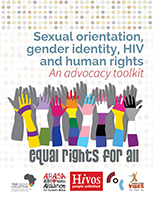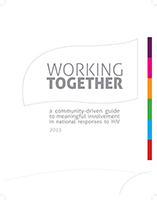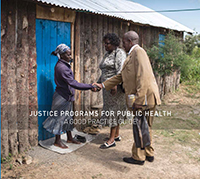
This joint briefing paper by NSWP and INPUD highlights the specific needs and rights of sex workers who use drugs, as a community that spans two key populations. This document provides an overview of some of the most endemic and substantive ways in which sex workers who use drugs face double criminalisation and associated police harassment, intersectional stigma, compounded marginalisation and social exclusion, heightened interference and harassment from healthcare and other service providers, infantilisation, pathologisation, and an associated undermining of agency, choice, and self-determination.
Year of publication:
2015
Media:
